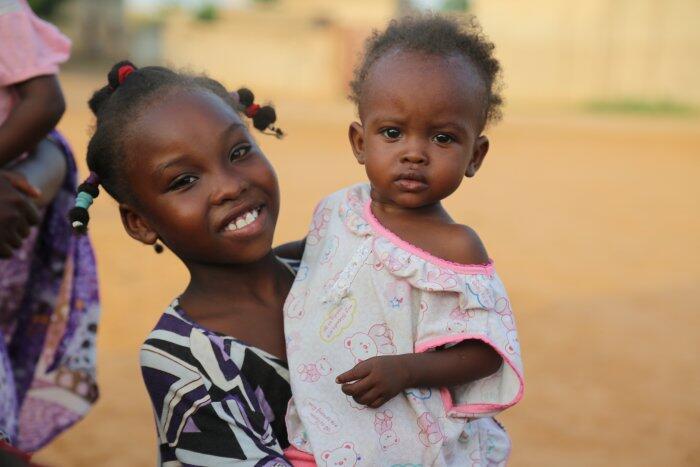KHARTOUM, Sudan -- The United Nations Population Fund applauds Sudan’s government for outlawing female genital mutilation, in what the agency called a groundbreaking achievement for the north African country.
In a statement, Sudan’s government announced the outlaw of FGM on July 9. Sudan has one of the highest FGM rates in the world, and the decision is a historic victory for public health, human rights and gender equality.
“Banning female genital mutilation is a landmark achievement for Sudan,” said Massimo Diana, the United Nations Population Fund Representative in Sudan. “Our agency is on the frontlines of ending FGM. Now that FGM is banned we must work with communities to ensure that practice follows policy.”
FGM is the practice of partially or totally removing the external female genitalia or causing injury to female genital organs for non-medical reasons. Girls subjected to FGM are denied their right to health and human rights.
Around 88 percent of women and girls from 15 to 49 years old have undergone some form of FGM in Sudan, according to the most recent data from Sudan’s government. Today, around 200 million girls and women across the world have undergone some form of FGM.
FGM is deadly. When girls are cut they face immediate risk of hemorrhage, shock and infections. The consequences of FGM can last a lifetime — from lingering mental health effects to sustained pain.
“This law will greatly support us by setting an exact line and decision between what is acceptable and what is not acceptable,” said Osman Abufatima, Secretary General of the NCCW. “It is a historical and outstanding day.”
Haleema, a primary school teacher in Omdurman, suffered from years physical and financial trouble after being cut. Childbirth complications required follow-up surgeries to fix an over-stretched bladder. Menstrual pains proliferated.
FGM “does not mean cleanliness but the opposite,” Haleema said.
After years of working on the frontlines, UNFPA has established best practices about how to work with communities to end FGM. One of the most successful methods is community declarations. UNFPA brings together local figures like religious leaders and politicians to hold public ceremonies where a community commits to ending FGM. In 2019, UNFPA supported community decelerations that reached more than 20,000 people.
“The key to ending FGM in Sudan even after its banning is using behavioral change principles,” said Giulia di Porcia e Brugnera, a UNFPA program associate who works on the Sudan Free of Female Genital Mutilation program. “FGM is a taboo topic, but if the community hosts a large celebration, and religious and community leaders publicly support its abandonment than the whole community will get behind it."


